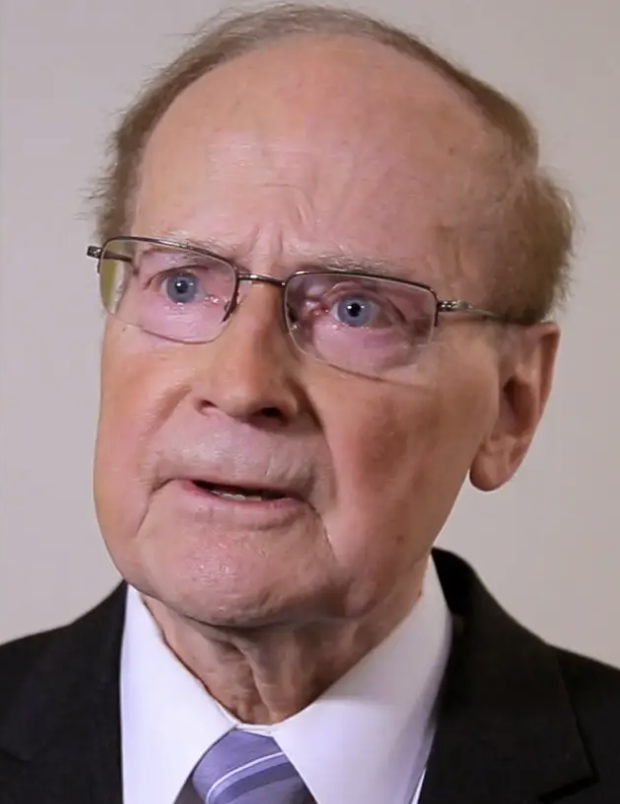 A big part of communication is your ‘attitude’ which the dictionary defines as “a settled way of thinking or feeling about someone or something, typically one that is reflected in a person’s behavior.”
A big part of communication is your ‘attitude’ which the dictionary defines as “a settled way of thinking or feeling about someone or something, typically one that is reflected in a person’s behavior.”
Attitudes are developed in five major ways. Understanding all five contributing factors may help you understand your own attitude toward experiences and other people.
- Observation. As a very young child you observed parents, family, and friends working, speaking, and interacting with others. As you observed their behavior, you were developing attitudes that would later shape your behavior in similar situations. Example: You observed your parent’s treatment of the service person that came to fix your refrigerator. You observed their language, tone of voice, and behavior before, during, and after his or her visit.
- Experience. Early in life you experienced service that shaped your attitude. Rather than just observing, you actually participated in the service experience. Example: You were sent to the store to buy milk and bread. The service treatment you received had an impact on your delivery of service as an adult.
- Teaching. As a child adults taught you what attitudes were appropriate in given situations. As an adult you still may be learning attitudes from those around you. Example: Have you heard fellow employees say, “Don’t work so hard, you make the rest of us look bad” or “You can go easy on this part; no one checks up on you”?
- Peers. As a child you were strongly influenced by the attitudes and behaviors of other children. Peer pressure is a well-documented and accepted contributing factor to the development of attitudes. But peer pressure is not limited to childhood experiences. The attitudes and behaviors of your peers may also influence adults. Example: Many adults prefer to eat the same foods, wear the same clothes, drive the same cars, and frequent the same places as others because “It’s the thing to do.”
- Personality. At some point on your life you must accept responsibility for these attitudes. You cannot simply attribute them to childhood happenings Example: Are you still saying, “But; that’s the way I was brought up” or “We’ve always done it that way”?




